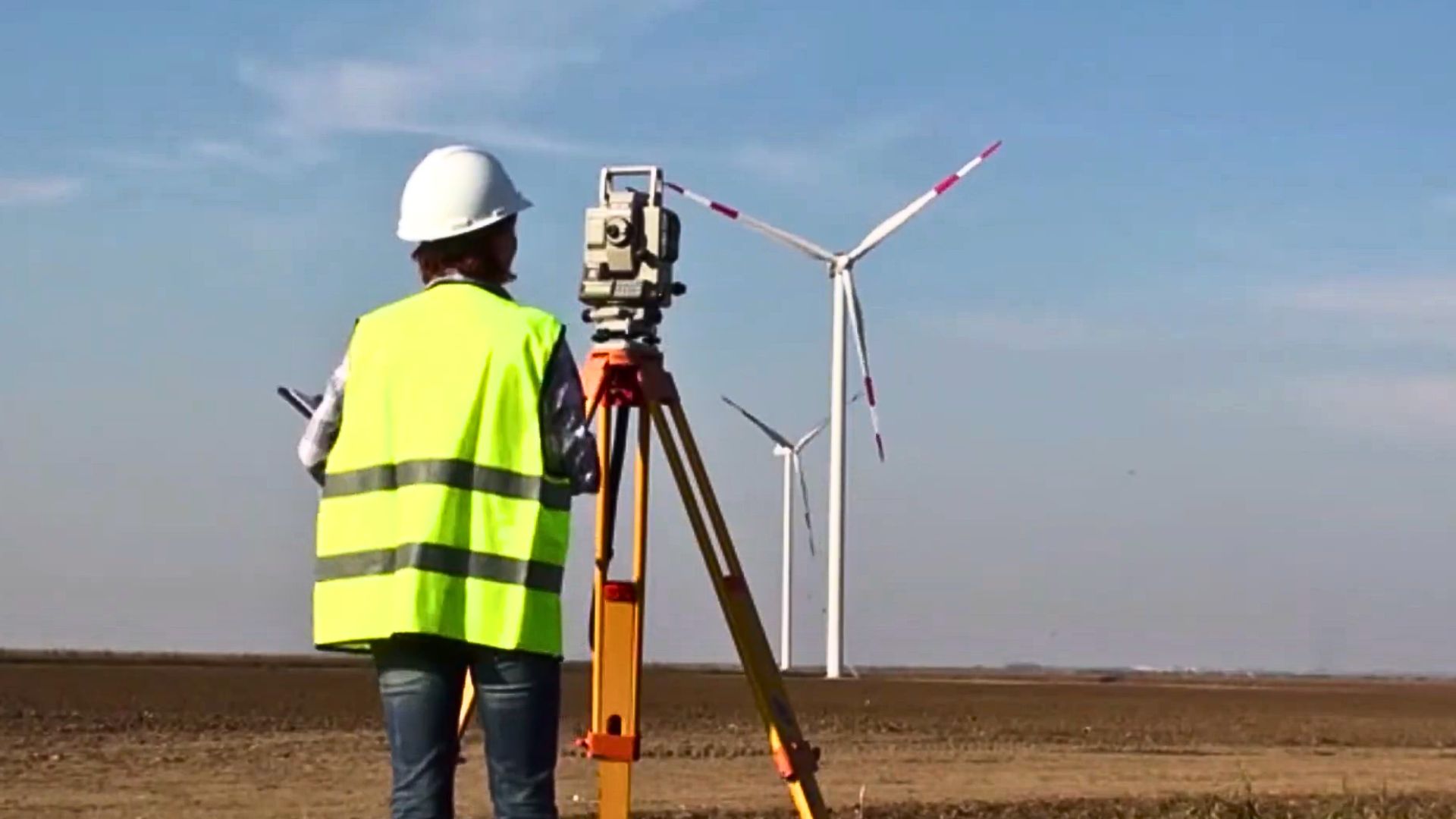The Fast And The Fading
The world of work is changing faster than you can say "job market.” It’s like a high-speed chase, with some careers racing ahead, powered by innovation and new tech, and others stuck in the slow lane, caught in the web of shifting priorities. So, first, let’s discuss the ten fastest-growing careers—those exciting fields that are thriving and creating tons of opportunities for those willing to jump in.
1. AI Specialists
AI specialists design intelligent algorithms that help machines learn from data. Their expertise stretches across industries—from diagnosing illnesses to predicting market trends. And as AI increasingly handles repetitive tasks, demand for these roles grows rapidly.
2. Healthcare Workers
An aging population and medical breakthroughs keep healthcare careers in high demand. The field includes doctors, nurses, physical therapists, and medical assistants, each playing a vital role. Here, job stability is strong. Moreover, telemedicine adds new ways to support patients at a distance.
3. Wind Turbine Technicians
Wind turbine technicians keep the turbines running smoothly. The job comes with fresh views—literally—since many sites sit on mountains or out at sea. It’s practical work with real impact, and there’s always room to move up.
 Wind Turbine Service Technicians Career Video by CareerOneStop
Wind Turbine Service Technicians Career Video by CareerOneStop
4. Cybersecurity Analysts
Do you know who stops hackers from stealing your stuff online? That’s the job of cybersecurity analysts. They’re the ones locking down systems and keeping your data safe. Remote work, job variety, and serious demand make this a smart move for anyone who enjoys tech.
5. Data Scientists
Data scientists turn piles of raw numbers into smart decisions. They use advanced tools like AI and machine learning to spot trends that help companies grow. In this job, many work as consultants or freelancers, enjoying flexibility while making a big impact behind the scenes.
6. Software Developers
Code, coffee, and collaboration pretty much sum up a day in the life of a software developer. They team up to solve problems and bring digital ideas to life. One week, it’s a sleek new app; the next, it’s a virtual reality experience. Add in strong salaries, and it’s easy to see why this field keeps pulling in fresh talent.
7. Financial Advisors
Some people run from spreadsheets, and financial advisors run toward them. These individuals are the go-to experts for sorting out money decisions that make most of us sweat. Interestingly, some go solo and run their own practice, while others dive deep into specialties like estate planning or tax strategy.
8. Nursing Assistants
It’s not a desk job, and that’s the point. Nursing assistants are on their feet, helping patients in tough moments. Job stability is strong, and for many, it’s just the beginning, as plenty of individuals move on to become licensed or registered nurses.
9. Construction Managers
This job is part leadership and part “put out the fire before it spreads.” Unlike traditional managers, these are the ones who handle the chaos behind the scenes, as they're responsible for the final product. It’s a role packed with pressure but also packed with potential.
10. Robotics Engineers
Designing machines that move—robotics engineers make that happen. Their job blends hands-on building with problem-solving that pushes tech forward. Lastly, this role calls for both technical skill and creativity, and the results often look like the future showing up early.
Now, let’s consider the ten careers that are steadily declining.
1. Data Entry Clerks
Automation and artificial intelligence are swiftly phasing out the traditional role of data entry clerks. And as businesses adopt sophisticated software capable of extracting data from scanned documents and online forms, the demand for human input dwindles.
2. Travel Agents
The convenience of online booking platforms has reshaped the travel industry. With travelers now able to plan and secure vacations themselves, the need for intermediaries has steadily declined. General travel agencies have seen a sharp drop in demand, while only niche services continue to hold ground.
 Antoni Shkraba Studio on Pexels
Antoni Shkraba Studio on Pexels
3. Printers And Publishers
Once the kings of ink and paper, printers and publishers are watching their empires go digital. Who needs stacks of newspapers when news pings your phone every second? Blogs, e-books, and online mags have taken center stage. Sure, some print jobs still roll on, but the real action’s online.
4. Postal Workers
While e-commerce keeps the parcels flowing, automation in sorting and delivery is speeding past the need for human hands. Some are trading mailbags for roles in distribution centers or customer service desks. And with bots swooping into the scene, the image of a mail carrier might soon be a relic of the past.
5. Cashiers
As e-commerce expands and foot traffic slows, fewer checkout lanes require a human touch. Retailers are investing in robotic assistants to streamline the shopping experience. Instead of manning registers, many cashiers are transitioning into roles that support online order fulfillment.
6. Farmers And Agricultural Workers
Fewer boots are needed on the ground when machines handle the heavy lifting. Farmhands are stepping aside—or stepping up into tech-savvy roles managing all this gear. Even the farms themselves are changing, popping up in cities and climbing walls in sleek vertical towers.
7. Telemarketers
Chatbots and automated systems now handle what telemarketers once did, only faster and cheaper. Phone pitches tend to lose ground as digital marketing takes the lead. Many former telemarketers are now working smarter, which focuses on inbound leads or customer support.
8. Retail Workers
Retail jobs aren’t what they used to be. Shoppers are clicking “add to cart” instead of browsing aisles, and stores are shifting focus to warehouses. These days, retail workers are being retrained for customer support. The stores that survive? They’re all about the vibe.
9. Taxi Drivers
Hailing a cab used to be the move. Now, it’s all about tapping an app. Ride-sharing giants like Uber and Lyft have flipped the script. Traditional taxis are struggling to keep up. Some companies are trying to catch up with tech upgrades, but there’s a bigger shift ahead: self-driving cars.
10. Television And Radio Announcers
Once the voices of morning commutes and primetime intros, TV and radio announcers are now fighting for airtime with influencers and podcasters. Streaming lets viewers skip the chit-chat and head straight for the binge. Meanwhile, announcers are ditching studios for ring lights and podcast mics.


























